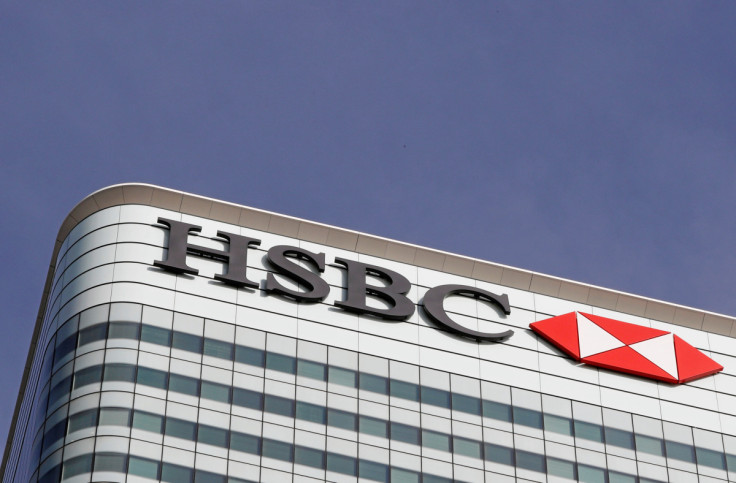Should You Hold, Sell or Buy HSBC Shares After the £10.2bn Announcement?
HSBC's £10.2bn Hang Seng acquisition and buyback pause spark debate over shareholder value and future growth prospects

HSBC Holdings Plc has stunned markets with a £10.2 billion ($12.4 billion USD) proposal to acquire the remaining 37 per cent stake in Hang Seng Bank, a move that would fully privatise the Hong Kong lender and cement HSBC's dominance in Asia.
The deal—positioned as a strategic long-term bet on Hong Kong's role as a global financial bridge—has triggered sharp market reactions, with investors now split over whether to hold, sell, or buy into the volatility.
Market Reaction: Shares Slide on Buyback Pause
HSBC's London-listed shares fell by over 5% following the announcement, as investors digested the implications of the bank's decision to suspend share buybacks for the next three quarters.
The pause is intended to preserve capital after the £10.2 billion commitment to acquire the remaining 37% of Hang Seng Bank that it does not already own.
AJ Bell's investment director, Russ Mould, noted: 'Like a toddler who has been told they can't have another biscuit, HSBC shareholders are stamping their feet on news they won't be getting any share buybacks for the next few quarters.'
Strategic Rationale: Doubling Down on Asia

HSBC's leadership has framed the deal as a long-term investment in Hong Kong's role as a 'super-connector' between China and global markets.
The bank already derives the majority of its profits from Asia, and the acquisition is seen as a way to consolidate its position in the region while streamlining operations.
Group CEO Georges Elhedery said this 'represents a significant investment into Hong Kong's economy, underscoring our confidence in this market and commitment to its future as a leading global financial centre, and as a super-connector between international markets and mainland China.'
The offer values Hang Seng at HK$290 billion (£28.03 billion), with HSBC proposing HK$155 (£14.98) per share—a 30% premium on the previous closing price.
Valuation and Fundamentals
From a valuation perspective, HSBC's offer implies a 1.8x price-to-book multiple for Hang Seng, which is notably higher than comparable Hong Kong peers.
This signals confidence in the subsidiary's long-term recovery, despite recent struggles linked to China's property downturn and rising bad debts.
Hang Seng has faced headwinds in recent years, prompting HSBC to push for tighter controls and a clean-up of its loan book.
The privatisation move allows HSBC to fully integrate Hang Seng's operations and potentially unlock synergies in product development, digital banking, and customer service.
Risks and Regulatory Exposure
While the strategic logic is clear, the deal exposes HSBC to heightened geopolitical and regulatory risks.
Hong Kong's financial sector remains vulnerable to shifts in China's domestic policy, and critics have questioned whether the city can maintain its role as a neutral financial hub.
Moreover, the decision to halt buybacks may dampen investor sentiment in the short term, particularly among income-focused shareholders who rely on capital returns.
Analyst Sentiment: Mixed but Watchful
Market analysts are split on the implications. Some view the move as bold and forward-looking, while others warn that HSBC may be overexposed to a region facing structural economic challenges.
HSBC will retain the Hang Seng brand and branch network, aiming to preserve customer loyalty while modernising services.
Investor Options: Hold, Sell or Buy?
- Hold: Long-term investors may choose to hold, banking on HSBC's strategic vision and Asia-focused growth. The premium valuation and integration potential offer upside if Hong Kong stabilises.
- Sell: Those concerned about short-term volatility, buyback suspension, or geopolitical exposure may opt to exit, especially if they're income-driven.
- Buy: Contrarian investors might see the dip as a buying opportunity, especially if they believe HSBC's Asia pivot will deliver returns over the next 3–5 years.
HSBC's Hang Seng takeover marks a high-stakes bet on Asia's economic trajectory.
For investors, the decision to stay, sell, or step in depends on confidence in Hong Kong's revival—and belief in HSBC's ability to navigate the turbulence.
© Copyright IBTimes 2025. All rights reserved.





















